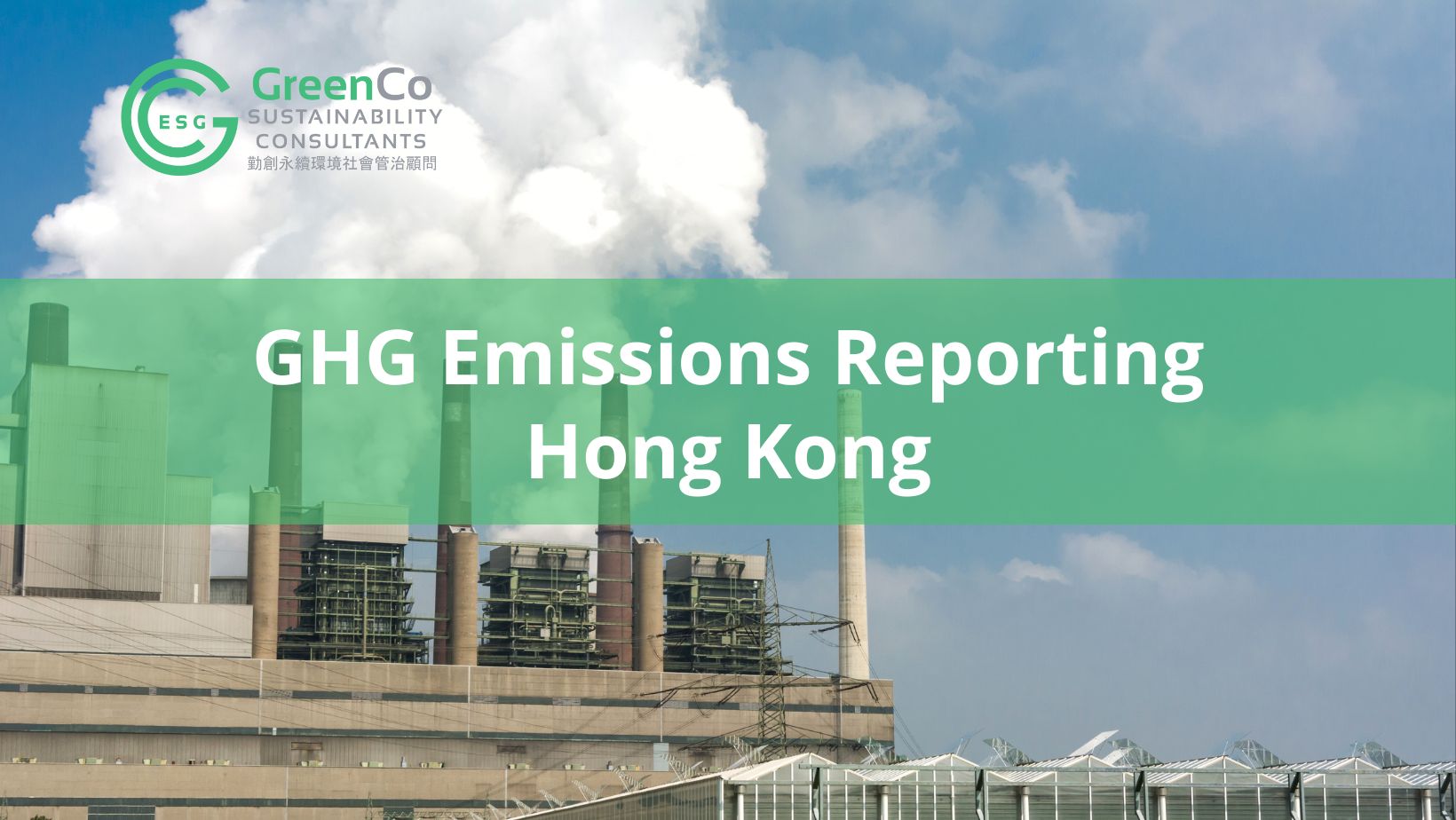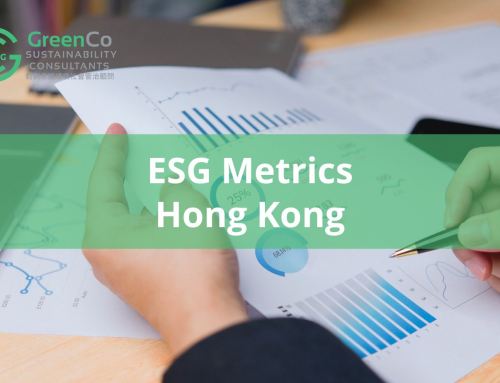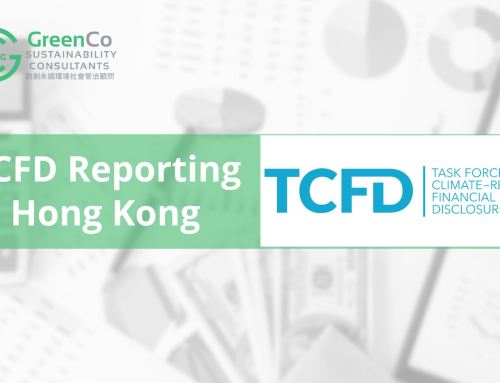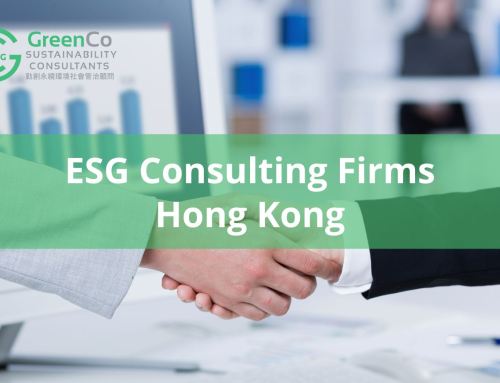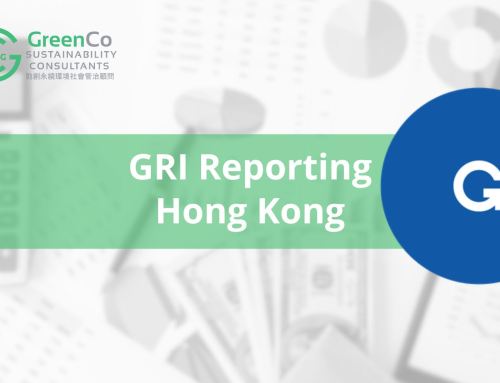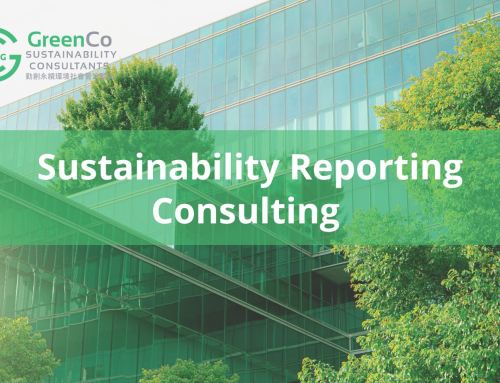GHG Emissions Reporting in Hong Kong
Greenhouse Gas (GHG) emissions reporting has become a critical aspect of corporate sustainability, driven by regulatory requirements and stakeholder expectations. In Hong Kong, businesses must align with international frameworks like the GHG Protocol Corporate Accounting and Reporting Standard while also adhering to local regulations, including HKEX ESG Reporting Code.
Understanding GHG Emissions: Scope 1, 2, and 3
GHG emissions are categorized into three scopes under the GHG Protocol:
- Scope 1: Direct Emissions – Emissions from sources owned or controlled by the company, such as fuel combustion in company-owned vehicles and industrial processes. These emissions are the easiest to quantify but require careful tracking of fuel consumption, industrial outputs, and on-site energy generation.
- Scope 2: Indirect Emissions from Purchased Electricity – Emissions associated with electricity, steam, heating, and cooling consumed by the company, generated off-site. As many businesses rely heavily on purchased electricity, this category often represents a significant portion of their carbon footprint, necessitating energy efficiency measures and renewable energy sourcing strategies.
- Scope 3: Other Indirect Emissions – Emissions occurring in the company’s value chain, including supplier emissions, transportation, employee travel, and product use by consumers. These emissions often account for the largest share of a company’s carbon footprint, making Scope 3 management a crucial challenge requiring strong supplier engagement, circular economy practices, and lifecycle assessments.
Companies are encouraged to develop a comprehensive GHG inventory, set operational boundaries, ensure data accuracy, and establish reduction targets in line with global climate goals. Organizations can leverage digital tools and carbon accounting software to enhance tracking and reporting accuracy.
Regulatory Framework in Hong Kong
Hong Kong’s regulatory environment for ESG and GHG emissions reporting is evolving rapidly, with key mandates from the HKEX and the Financial Services and the Treasury Bureau (FSTB):
- HKEX ESG Reporting Code (effective January 2025): Requires enhanced climate-related disclosures, structured around Governance, Strategy, Risk Management, and Metrics & Targets. Companies must disclose board oversight, climate risk management strategies, and GHG emissions data, including both direct and indirect sources of emissions.
- FSTB’s Roadmap on Sustainability Disclosure: Aims to align large publicly accountable entities with the IFRS Sustainability Disclosure Standards by 2028, ensuring that corporate sustainability data is reliable, comparable, and useful for investors.
- IFRS S2 Climate-related Disclosures Standard: Requires companies to disclose how climate risks impact their operations, financial performance, and future resilience. Companies must perform scenario analyses to assess how climate change could influence their long-term business strategies.
In addition to regulatory mandates, businesses in Hong Kong must consider international frameworks like the Task Force on Climate-related Financial Disclosures (TCFD) and the Science Based Targets initiative (SBTi), which help companies align their climate actions with global best practices.
Role of ESG Consulting Firms in GHG Reporting
Companies often seek expert guidance to navigate these regulations and ensure compliance. GreenCo ESG Advisory Limited, a leading ESG consultancy in Hong Kong, provides tailored services for GHG reporting, including:
- GHG Emissions Accounting – Assisting businesses in calculating Scope 1, 2, and 3 emissions using the GHG Protocol framework. This involves data collection, emissions factor application, and validation of reported figures.
- Climate Risk Assessment – Conducting scenario analyses to evaluate the financial impacts of climate risks and opportunities, helping businesses understand their exposure to extreme weather events, regulatory changes, and shifting consumer preferences.
- ESG Reporting & Disclosure – Helping businesses prepare comprehensive sustainability reports in compliance with HKEX ESG Code, GRI Standards, and IFRS S2. Reports must be structured, transparent, and include forward-looking climate action plans.
- Data Management & Assurance – Implementing technology solutions for ESG data collection and coordinating third-party verification services to enhance credibility and investor confidence.
- Carbon Reduction Strategy Development – Assisting companies in setting science-based targets, creating carbon neutrality roadmaps, and integrating sustainable business practices that go beyond mere compliance.
Business Benefits of Robust GHG Emissions Reporting
Beyond compliance, effective GHG emissions management offers strategic advantages:
- Enhanced Reputation – Companies with strong ESG performance attract investors and customers who prioritize sustainability. Businesses with transparent reporting practices are more likely to be featured in sustainability indices and receive ESG-related investment.
- Regulatory Preparedness – Early adoption of ESG practices ensures smooth compliance with evolving global and local regulations. Companies that proactively implement robust GHG reporting structures will have a competitive edge in future regulatory changes.
- Operational Efficiency – Identifying emissions hotspots can lead to cost savings through energy efficiency improvements, supply chain optimizations, and waste reduction strategies.
- Access to Sustainable Finance – Financial institutions increasingly favor businesses with credible ESG strategies, offering better financing opportunities. Companies with a clear sustainability roadmap can access green bonds, sustainability-linked loans, and ESG-aligned investment funds.
- Stakeholder Engagement & Employee Morale – Transparent emissions reporting fosters stronger relationships with investors, regulators, employees, and customers. Many employees now prefer to work for companies that demonstrate environmental responsibility, improving talent attraction and retention.
- Long-Term Business Resilience – Companies that integrate climate risk management and emissions reduction strategies into their business models are more resilient against supply chain disruptions, extreme weather events, and shifting market trends.
Partner with GreenCo for GHG Accounting
GHG emissions reporting is now a fundamental requirement for businesses operating in Hong Kong. With stricter regulatory mandates from HKEX and growing investor scrutiny, companies must establish transparent and effective reporting frameworks. ESG consulting firms like GreenCo play a vital role in guiding businesses through compliance challenges while helping them unlock long-term value through sustainability initiatives. By prioritizing accurate GHG accounting, target setting, and ESG integration, Hong Kong businesses can enhance resilience, drive stakeholder trust, and contribute to global climate action.
The corporate landscape in Hong Kong is rapidly shifting towards a sustainability-driven economy. Companies that proactively invest in GHG emissions reporting, energy transition strategies, and climate resilience planning will not only avoid regulatory risks but also unlock new opportunities for growth. Partnering with experienced ESG advisors like GreenCo can ensure businesses stay ahead of compliance requirements, strengthen their ESG reputation, and achieve long-term sustainability goals. By embracing transparency and responsible climate action, companies can position themselves as leaders in the green economy of the future.

